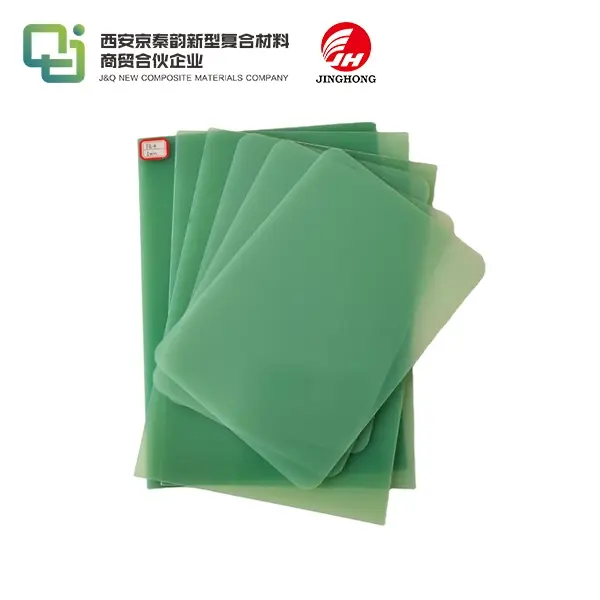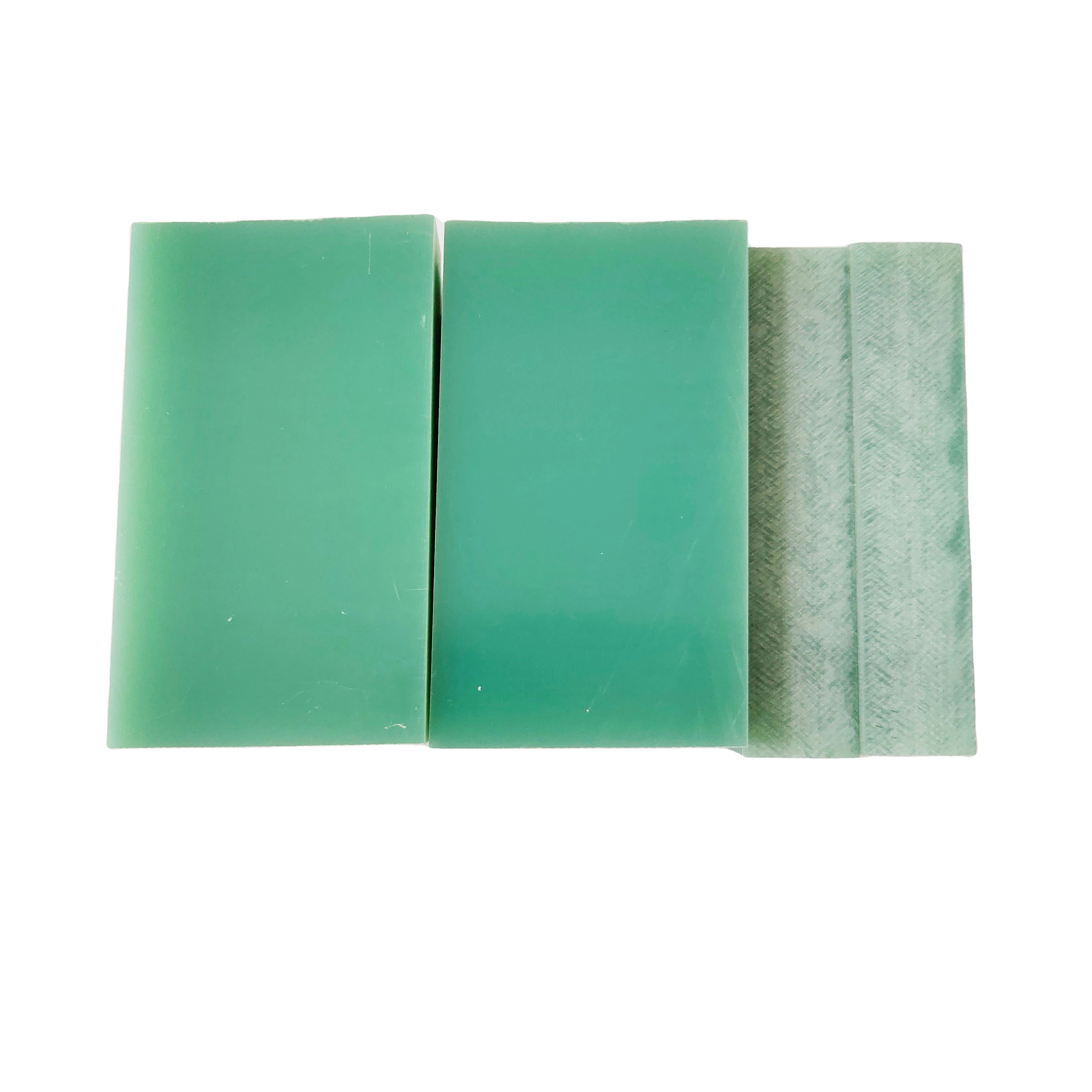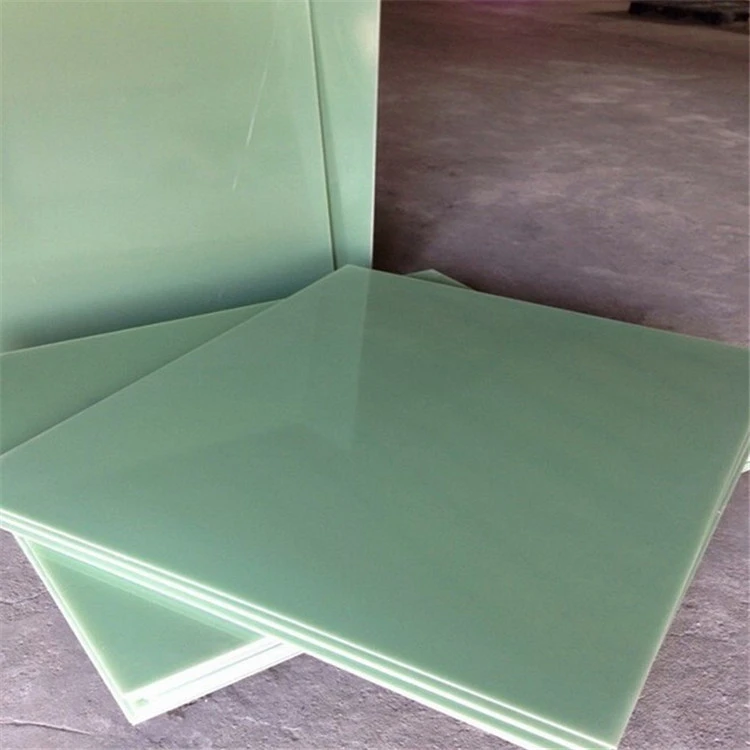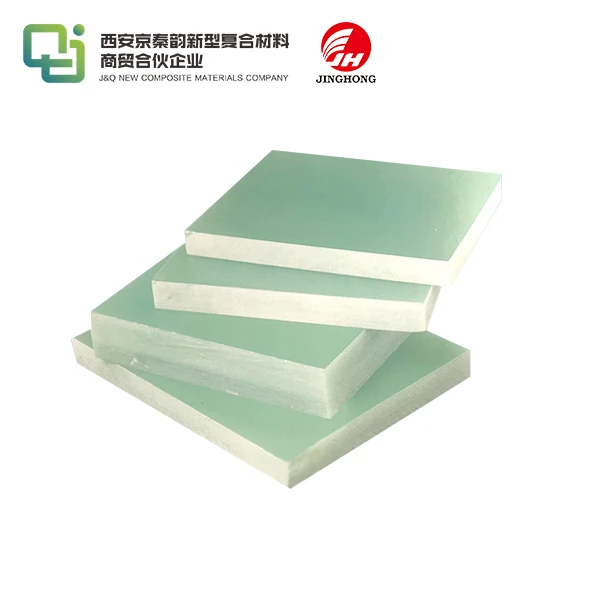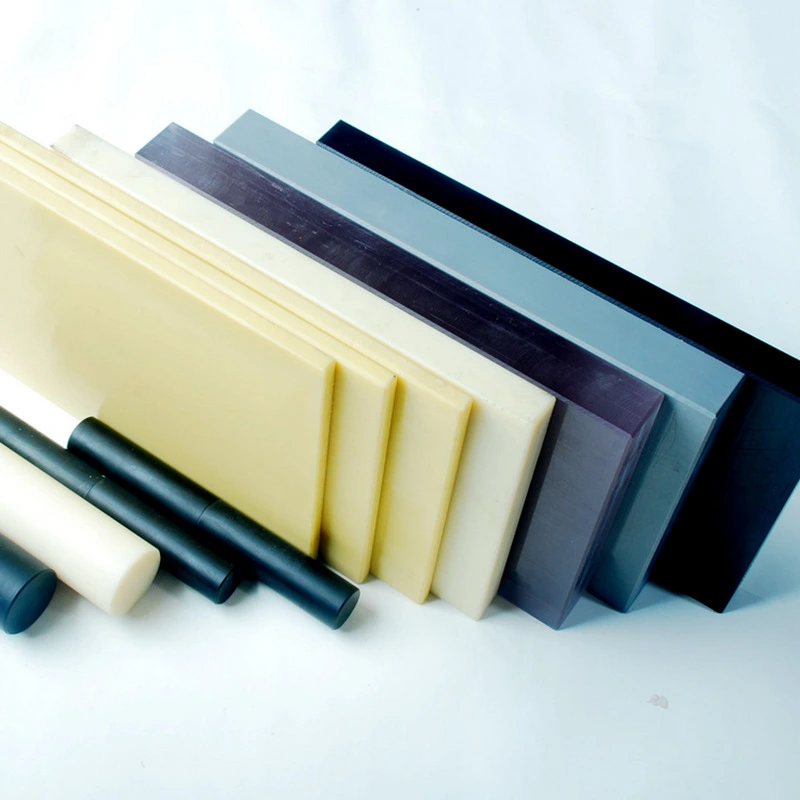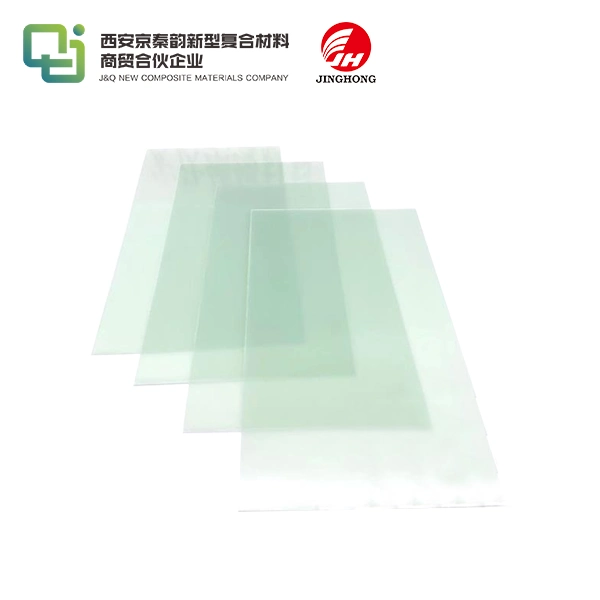Are Epoxy Fiberglass Tubes resistant to chemicals?
2024-08-22 14:33:43
In the world of industrial materials, chemical resistance is a crucial factor for many applications. Epoxy fiberglass tubes have gained significant attention due to their remarkable properties, including their potential resistance to various chemicals. This article delves into the chemical resistance of epoxy fiberglass tubes, exploring their composition, benefits, and limitations in diverse industrial settings.
Understanding Epoxy Fiberglass Tubes
Composition and Manufacturing Process
Glass fibers are embedded in an epoxy resin matrix, making epoxy fiberglass tubes a composite material. Epoxy resin is applied to glass fibers after they are wound around a mandrel during the manufacturing process. The result of this combination is a material that is strong, light, and has excellent mechanical properties.
Unique Features of Epoxy Fiberglass
The combination of epoxy resin and glass fibers gives epoxy fiberglass tubes a number of desirable features. These include superior electrical insulation properties, a high strength-to-weight ratio, and excellent dimensional stability. Additionally, the material is suitable for a wide range of industrial applications due to its low thermal expansion and high fatigue resistance.
Applications in Various Industries
Industries like aerospace, automotive, electrical, and chemical processing make extensive use of epoxy fiberglass tubes. They are used in fluid handling systems, insulation systems, and structural components where chemical resistance is crucial. These tubes have found use in cutting-edge technologies and novel engineering solutions due to their adaptability.
Chemical Resistance of Epoxy Fiberglass Tubes
Factors Affecting Chemical Resistance
Epoxy fiberglass tubes' performance in a variety of environments is influenced by a number of factors, including their chemical resistance. It's important to use an appropriate grade and type of epoxy resin; Because of their superior formulation, higher-grade resins frequently offer improved resistance. The chemical resistance of the finished product is also influenced by the manufacturing process, which includes curing conditions and the quality of the fiber reinforcement. The particular chemical environment also plays a significant role. The material's resistance can be altered by temperature, chemical concentration, and exposure duration. For instance, higher temperatures might make chemical reactions happen faster, which could make things worse. For epoxy fiberglass tubes to remain functional and intact in their intended applications, it is essential to comprehend these variables.
Common Chemicals and Their Effects
Epoxy fiberglass tubes are well-known for their strong resistance to chemicals, making them suitable for a wide range of applications. They are effective against a wide range of acids, bases, and organic solvents, making them useful for a wide range of chemical applications. For instance, they are extremely resistant to diluted acids like sulfuric acid and hydrochloric acid. However, resistance levels can vary from chemical to chemical and from concentration to concentration. Epoxy fiberglass is resistant to a wide range of chemicals, but prolonged exposure to concentrated acids or aggressive solvents may result in degradation. Strong oxidizing agents like concentrated nitric acid or organic solvents like acetone may weaken the epoxy matrix, affecting the performance and longevity of the tube.
Limitations and Considerations
Despite their impressive resistance to chemicals, epoxy fiberglass tubes have some drawbacks that should be taken into consideration. Chemicals that have a strong oxidizing effect, such as bleach or some aggressive organic solvents, have the potential to significantly degrade a material over time. Changes in physical properties or structural integrity are two examples of this degradation. Before selecting epoxy fiberglass tubes for chemical-resistant applications, it is essential to evaluate the particular chemical environment and consult compatibility charts to avoid potential issues. In challenging circumstances, regular monitoring and maintenance may also be required to guarantee the tubes' longevity and dependability. Being aware of these limitations will help you make better decisions and extend the material's useful life.

Enhancing Chemical Resistance in Epoxy Fiberglass Tubes
Advanced Resin Systems
Recent advancements in epoxy resin technology have led to the development of advanced resin systems that significantly enhance chemical resistance. These new formulations include specialized additives and modifiers designed to improve the material’s performance in harsh chemical environments. By incorporating these advanced resins, manufacturers can create epoxy fiberglass tubes that resist a broader range of chemicals, including aggressive acids and solvents. The improved resilience not only extends the tubes' lifespan but also broadens their application to more corrosive and demanding settings. Continuous research in this area is pushing the boundaries of epoxy resin technology, providing more robust solutions for industrial and specialized applications.
Surface Treatments and Coatings
To further enhance the chemical resistance of epoxy fiberglass tubes, various surface treatments and coatings can be applied. These treatments act as protective barriers, shielding the underlying material from chemical exposure and extending its durability. Options include fluoropolymer coatings, which offer excellent resistance to a wide range of chemicals, and specialized sealants that provide additional protection. By selecting the appropriate coating or treatment based on the specific chemical environment, users can tailor the chemical resistance of epoxy fiberglass tubes to meet the demands of their particular application. Proper application of these surface treatments is essential for maximizing their effectiveness and ensuring long-term performance.
Proper Design and Installation Practices
Effective design and installation practices are crucial for maximizing the chemical resistance of epoxy fiberglass tubes. Key considerations include the design of joints and connections, the use of appropriate support systems, and the distribution of stress along the tubes. Properly designed joints minimize potential weaknesses that could lead to chemical ingress or mechanical failure. Additionally, ensuring that installation follows industry standards and best practices helps maintain the integrity of the tubes in chemically aggressive environments. Adhering to these guidelines not only enhances the chemical resistance of the tubes but also contributes to their overall reliability and longevity in challenging conditions.
Conclusion
In conclusion, epoxy fiberglass tubes exhibit remarkable chemical resistance, making them suitable for a wide range of industrial applications. Their unique composition and properties allow them to withstand various chemical environments, though limitations exist. By understanding the factors affecting chemical resistance and implementing appropriate enhancements, industries can leverage the full potential of epoxy fiberglass tubes in chemically challenging settings.
If you're seeking high-quality epoxy fiberglass tubes or need expert advice on their chemical resistance properties, don't hesitate to reach out. Contact us at info@jhd-material.com for personalized assistance and to explore how our products can meet your specific requirements.
References
1. Johnson, M. E. (2019). Chemical Resistance of Composite Materials: A Comprehensive Guide. Industrial Materials Quarterly, 45(2), 78-92.
2. Smith, A. R., & Thompson, L. K. (2020). Advances in Epoxy Resin Technology for Corrosion-Resistant Applications. Journal of Polymer Science, 32(4), 567-583.
3. Chen, X., & Wang, Y. (2018). Fiberglass Reinforced Composites in Chemical Processing Industries. Chemical Engineering Progress, 114(9), 42-51.
4. Miller, J. D., et al. (2021). Surface Modifications for Enhanced Chemical Resistance in Epoxy-Based Composites. Advanced Materials Interfaces, 8(12), 2100234.

